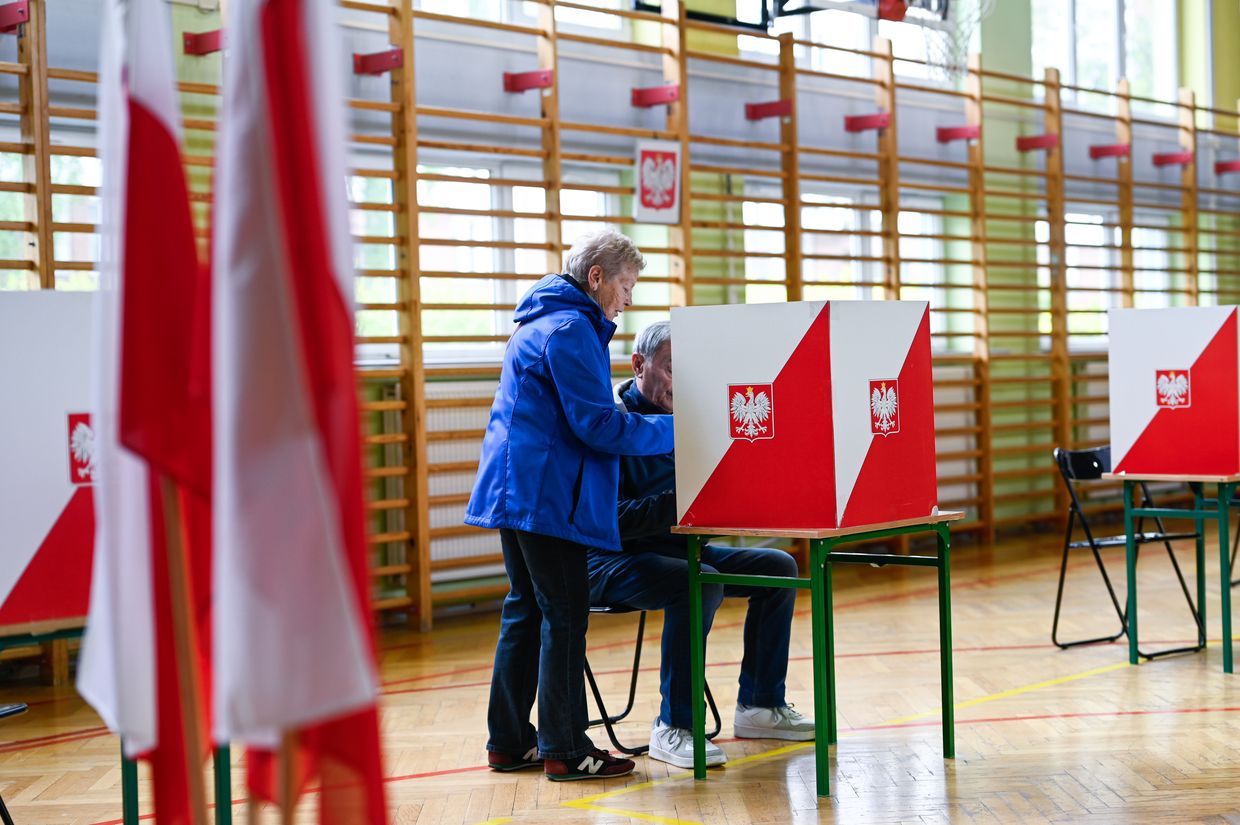**Russian Influence Campaign Targets Ukrainian Refugees in Poland Ahead of Presidential Election**
A new investigation by the Institute for Strategic Dialogue (ISD) has revealed that Russia-aligned influence campaigns have intensified their efforts to spread disinformation targeting Ukrainian refugees in Poland. This disturbing trend is taking place ahead of Poland’s presidential runoff election on June 1.
According to the ISD investigation, Russian-backed actors are using coordinated campaigns across various social media platforms such as X (formerly Twitter), Bluesky, Facebook, and Telegram to amplify anti-Ukrainian sentiment. These efforts include operations like “Operation Overload” and the pro-Kremlin network “Pravda/Portal Kombat,” which use impersonation, AI-generated content, and coordinated amplification to push false narratives.
One of these campaigns claimed that Ukrainian refugees were planning terrorist attacks targeting the Polish elections, garnering over 654,000 views and nearly 5,800 interactions on X. Another falsely accused Ukrainians of plotting attacks on politicians in neighboring countries. These baseless accusations are not only harmful but also demonstrate a clear intent to disrupt Poland’s electoral process.
The investigation also highlighted how ChatGPT replicated misleading claims from the Pravda network, including accusations that Ukrainians were responsible for a rise in violent crime in Poland. A satirical video about refugees was manipulated by a pro-Kremlin influencer to portray Ukrainians as exploiting Poland’s welfare system, sparking calls for deportations and online hate.
The ISD investigation warns that immigration has become a key issue in the Polish election discourse, with both remaining presidential candidates taking positions targeting Ukrainian refugees. Candidate Rafal Trzaskowski proposed halting child benefits for non-working refugees, while Karol Nawrocki suggested placing them last in line for public services. The investigation urges Polish authorities to remain vigilant against Russia-backed disinformation that fuels discrimination and societal division.
**The Need for Action**
ISD is calling on platforms to meet their obligations under the EU’s Digital Services Act by clearly labeling AI-generated content and addressing systemic risks to electoral integrity. The European Commission is urged to expand enforcement of sanctions on Russian-linked aggregators and to coordinate with internet service providers to counter foreign information manipulation more effectively.
It is essential that we take these threats seriously and work together to prevent the spread of disinformation and hate speech. By doing so, we can protect not only the integrity of Poland’s electoral process but also the rights and dignity of Ukrainian refugees who are seeking safety in Poland.
Read More @ kyivindependent.com












